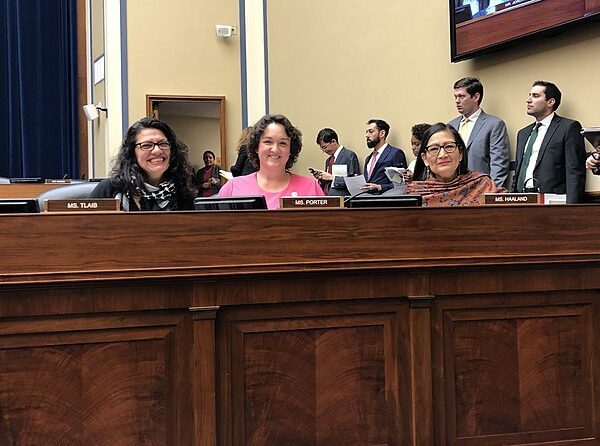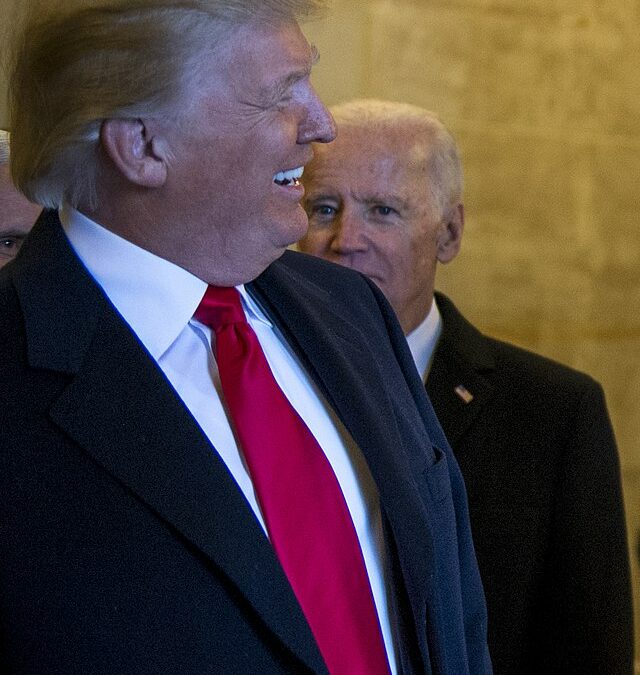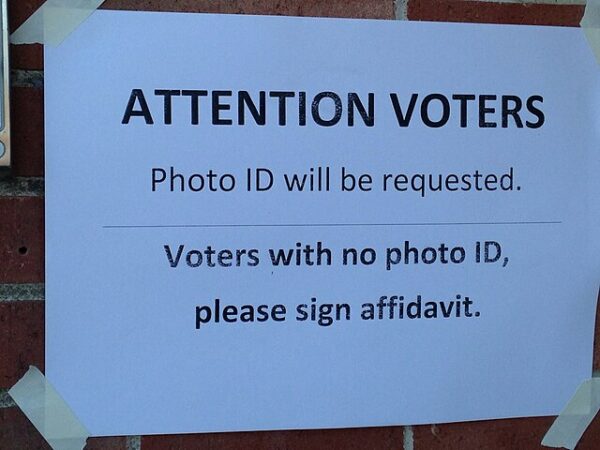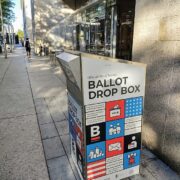
A veteran federal appeals judge has issued an unusually blistering rebuke of two colleagues, accusing them of rushing a pivotal ruling on Texas’s 2025 congressional maps while deliberately cutting him out of the deliberative process — an allegation that has added new volatility to an already fraught redistricting fight.
The clash centers on a November 18 decision in League of United Latin American Citizens v. Greg Abbott (No. 3:21-CV-259), where U.S. District Judges Jeffrey Vincent Brown and David C. Guaderrama — forming the panel’s majority — granted a preliminary injunction blocking Texas’s newly enacted 2025 congressional plan, known as Plan C2333. The majority held that voting rights plaintiffs were likely to prove the maps were drawn primarily on the basis of race, in violation of Section 2 of the Voting Rights Act and the Equal Protection Clause, and ordered a temporary return to the 2021 maps.
Circuit Judge Jerry E. Smith, the senior Fifth Circuit judge assigned to the panel, issued a sweeping dissent rejecting the injunction in full. Opening with the line, “Fasten your seatbelts. It’s going to be a bumpy night!” — a nod to All About Eve — Smith cast the majority’s handling of the case as “the most egregious judicial conduct” he had witnessed in nearly four decades on the bench, according to The Hill.
So the judge who wrote for the majority of the three-person panel challenging Texas' redistricted map didn't give the dissenting judge time to review the opinion, nor did he take the time to review the dissent before issuing said opinion.
Judge Smith, dissenting, calls this "the… pic.twitter.com/ove51r2uba
— Benjamin Weingarten (@bhweingarten) November 19, 2025
In a preliminary statement, Smith alleged that after the nine-day evidentiary hearing concluded on October 10, his colleagues provided no updates for 26 days. He said the majority finally sent him a skeletal outline of their planned opinion on November 5, then informed him on November 12 that they intended to issue the ruling three days later, citing the Supreme Court’s Purcell principle discouraging late election changes. Smith argued this timeline deprived him of any realistic opportunity to review or meaningfully respond to the majority’s 160-page opinion — a breakdown that, in his telling, struck at the core of how multi-judge panels are supposed to function.
Smith suggested the compressed schedule reflected the majority’s own uncertainty, writing that judges confident in their reasoning would not need to “preclude” a full exchange of views. Allowing procedural maneuvering to silence a dissent, he warned, could set a precedent as damaging as any substantive misstep.
On substance, Smith argued that the 2025 map — enacted mid-decade by the Republican-controlled Legislature — was the product of political strategy, not racial discrimination. Citing a recent Fifth Circuit decision describing partisan benefit as the “most obvious reason” for mid-cycle revisions, Smith characterized the new maps as an effort to craft more competitive Republican-leaning districts, in contrast to the safer seats created in 2021. Whether wise or shortsighted, he wrote, such strategy choices fall squarely within the Legislature’s prerogative and far outside the federal courts’ role.
He accused the majority of disregarding testimony from the Legislature’s map consultant asserting that boundaries were drawn using partisan rather than racial data. For plaintiffs to claim racism as the motive, he argued, would require accepting that lawmakers intentionally weakened their own electoral prospects simply to target minority voters — a theory he labeled “perverse and bizarre.”
Smith also pointed to the involvement of outside funders, noting contributions from George Soros and his son Alexander to groups linked to plaintiffs’ experts and attorneys. That support, he argued, underscored the partisan nature of the litigation and the alignment between the lawsuit’s objectives and Democratic political interests.
Wow, Judge Smith absolutely slams Judge Brown, who wrote the majority opinion.
"The main winners from Judge Brown’s opinion are George Soros and Gavin Newsom. The obvious losers are the People of Texas and the Rule of Law," Judge Smith writes.
"In 37 years as a federal judge,… pic.twitter.com/F2PveNjbNP
— Benjamin Weingarten (@bhweingarten) November 19, 2025
The dissent further faulted the majority for pushing ahead without awaiting a pending Supreme Court decision in a Louisiana redistricting case that could reshape Section 2 doctrine. Smith contended the panel’s opinion was results-oriented, selectively applying legal standards — including softening the requirement that plaintiffs show a “substantial” likelihood of success — and engaging in what he cast as judicial overreach.
If the ruling stands, it will be a major blow to GOP efforts to retain the House in 2026 and will serve to reward Democrats for gerrymandering deep blue states like California and Massachusetts. It will also be a coup for liberal judicial activism, which maintains that only Democrats are allowed to gerrymander in the first place.
[Read More: Democrat Facing Over 50 Years In Jail]











